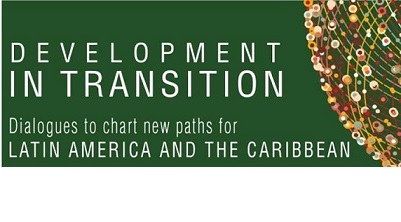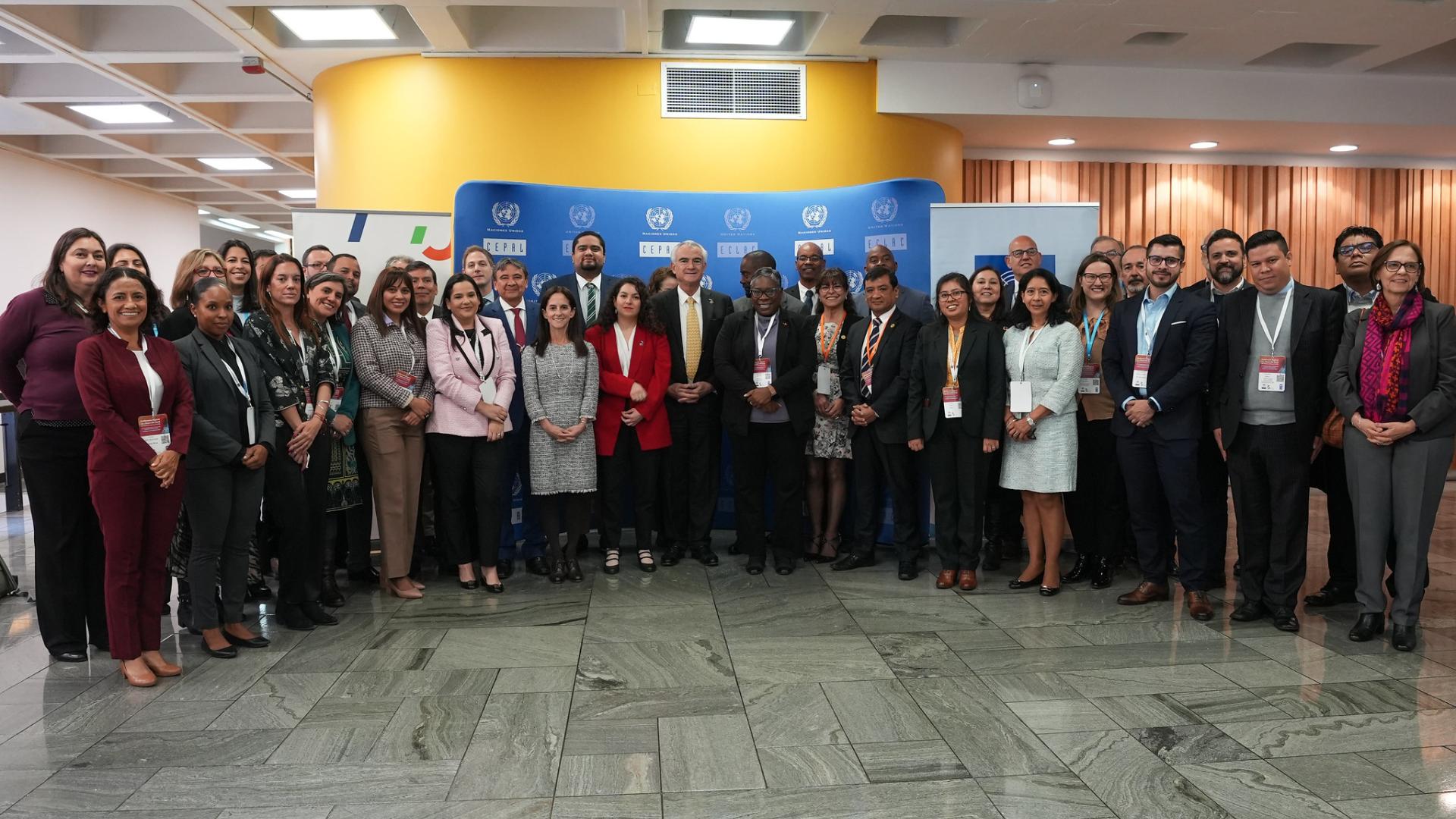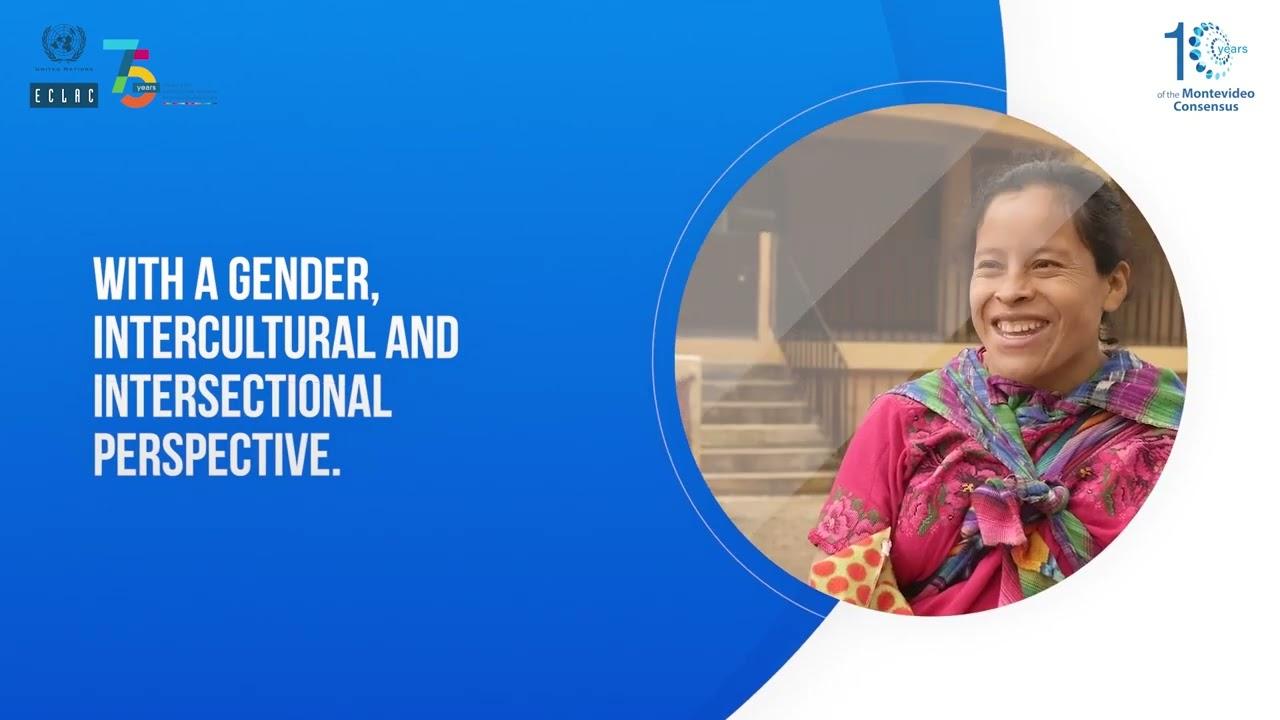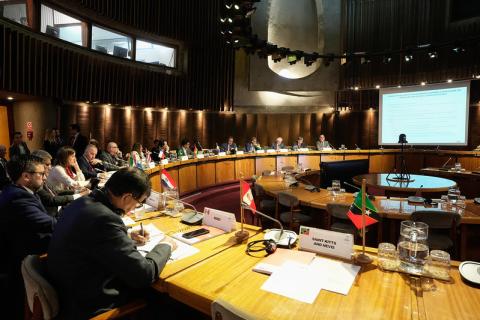The COVID-19 crisis has hit Latin America and the Caribbean (LAC) harder than any other emerging region in the world. In economic terms, the region has suffered a 6.8% drop in GDP, and in human terms, over a million lives have been lost. With around 60% of informal workers and 40% of all workers in the region surviving without any form social safety net before the pandemic hit, the most vulnerable members of society are bearing the brunt of the crisis today.
Furthermore, a series of pre-existing development traps, outlined in the Latin American Economic Outlook 2019, have accentuated the toll of the crisis in the region. As LAC countries chart the path to recovery, development models need to evolve to break the vicious cycles that held the region back even before the crisis struck. We have also seen that national responses alone are not enough to overcome a crisis of global scale; new international partnerships and international co-operation on an equal footing are essential to ensuring a long-term recovery for the region.
At this critical juncture for Latin America and the Caribbean, the EU Regional Facility on Development in Transition is engaged in a series of efforts under “Fostering sustainable development models in LAC countries: A multidimensional approach to the post-COVID-19 world”. Partners including the OECD and its Development Centre, ECLAC and the European Commission (INTPA) have joined forces with key regional institutions to contribute, through analysis and debate, to shaping new development models for a sustainable and inclusive recovery in LAC.
The “Development in Transition Days” will be a first milestone in this effort. A series of discussions will help assess the policy priorities for LAC in the aftermath of the COVID-19 crisis, especially in the fields of regional integration and global value chains; social protection systems; gender; primary healthcare, and regional and international partnerships. Latin American and European economic and political leaders will take part of the discussion for paving the way of the recovery. There will also be a focus on the specific cases of key countries in the region: Brazil, Panama and Paraguay.
Through these discussions, the EU Facility on Development in Transition aims to take stock of the valuable assessments, experiences and ideas that can help regional and European actors to jointly determine the post-COVID strategic priorities and line of action for a sustainable and inclusive recovery, beyond just the recovery phase. An endeavour that will also contribute to strengthening the longstanding partnership between both LAC and Europe towards the common goal of improving people’s well-being.
Latin America and the Caribbean (LAC) is the region hardest hit by COVID-19 across a number of dimensions. The crisis caused an economic contraction of 6,8% during 2020 and led to rising unemployment, poverty and inequality, widening regional structural gaps. Growth is expected to be sluggish in the coming years, complicating efforts to reverse these increases. In this context, fiscal policy has been central to the response to the ongoing crisis and will play a key role in determining how inclusive and strong an eventual recovery will be.
The crisis has aggravated fiscal challenges in the region. In 2020, the average overall deficit of central governments in Latin America reached 6.9% of GDP and central government gross public debt increased by 10.7 percentage points to 56.3% of GDP. According to Revenue Statistics in Latin America and the Caribbean 2021, the average tax-to-GDP ratio in the LAC region was 22.9% in 2019, considerably below the OECD average of 33.8%. Furthermore, tax revenues are heavily weighted towards indirect taxes, which tend to be regressive, while revenues from personal income tax and social security contributions are particularly low relative to advanced economies. Social spending in Latin America, equivalent to 11.5% of GDP in 2019, is constrained by low public revenues, leading to underdeveloped social protection systems and low-quality public services.
Going forward, fiscal policy must continue to be used to mitigate the effects of the pandemic. At the same time, it will be essential to lay the foundations for a strong, sustainable and inclusive recovery, prioritizing the universalization of social protection systems and strategic investments that link short-term efforts to address the emergency with medium-term efforts to develop strategic sectors that reduce the environmental footprint of economic activity and create productive and quality employment. Careful sequencing of actions and a broad social consensus are essential to navigate the complex political economy of fiscal policy.
To assure the sustainability of this expansionary expenditure policy requires that countries increase their fiscal space by strengthening public revenues and the redistributive capacity of tax policy. In the short-run, measures should be targeted at eliminating tax evasion and reorienting tax expenditures. While in the medium-term, it will be essential to boost tax collection in a progressive manner. In addition, international cooperation will be essential for middle-income countries with limited fiscal space that need to maintain an active fiscal policy in the coming years. The issuance of special drawing rights (SDRs) and the voluntary reallocation of unused ones, along with the creation of multilateral funds and the institutional reform of the international debt architecture, including the global coordination of debt management, would allow countries in the region to access international liquidity and sustain their fiscal capacity in the short and medium term.
This webinar provides a space for a regional dialogue among country authorities, international organizations and fiscal experts to discuss domestic resource mobilization and public spending issues to reduce structural gaps, as well as to explore policy options to expand fiscal space to mitigate the effects of the pandemic and boost investments for a sustainable and inclusive recovery.



